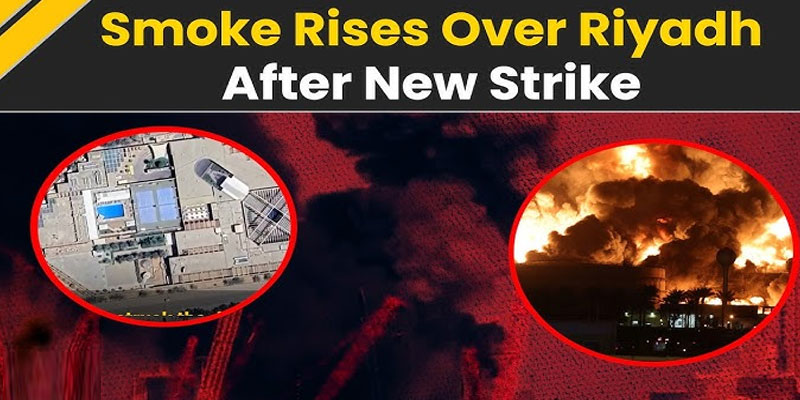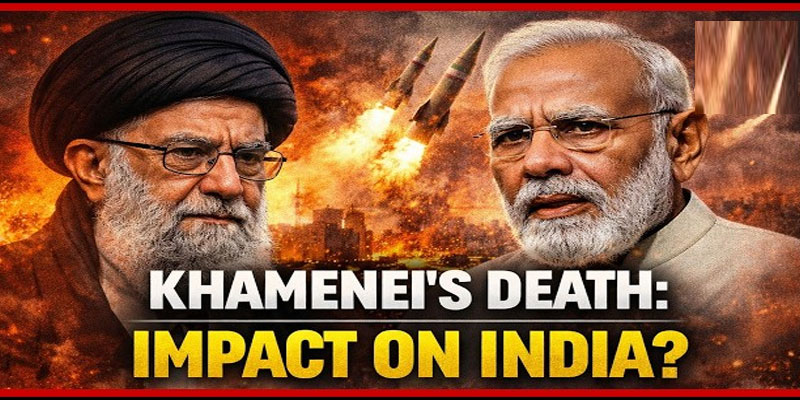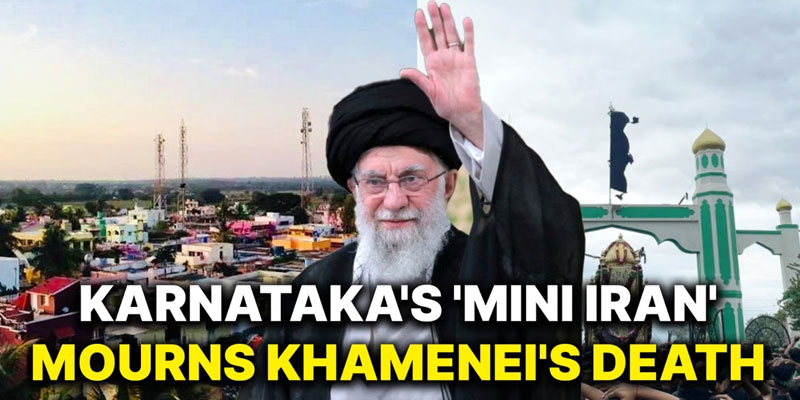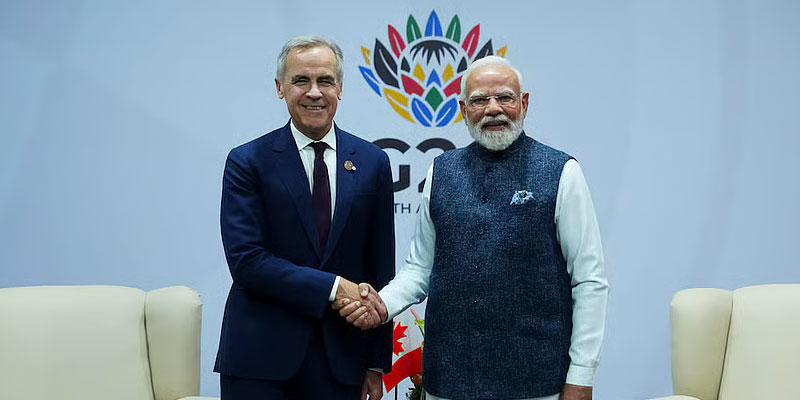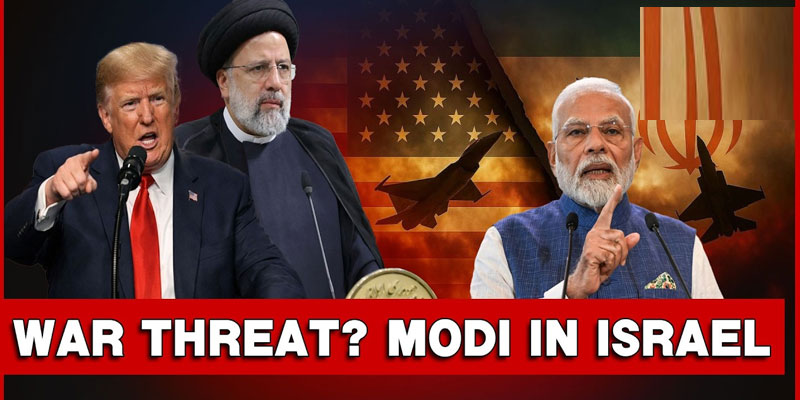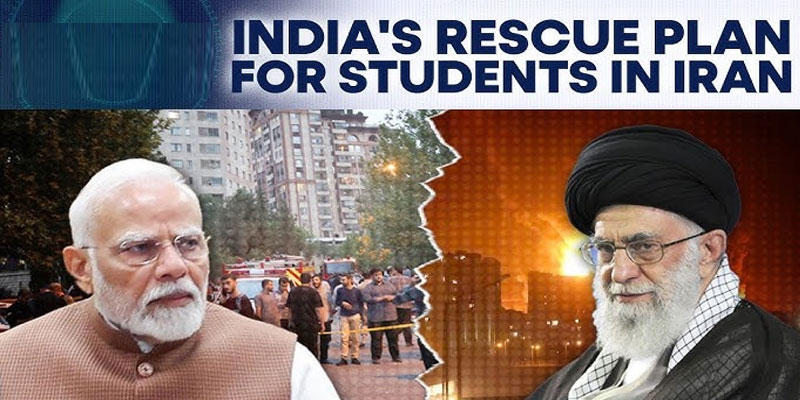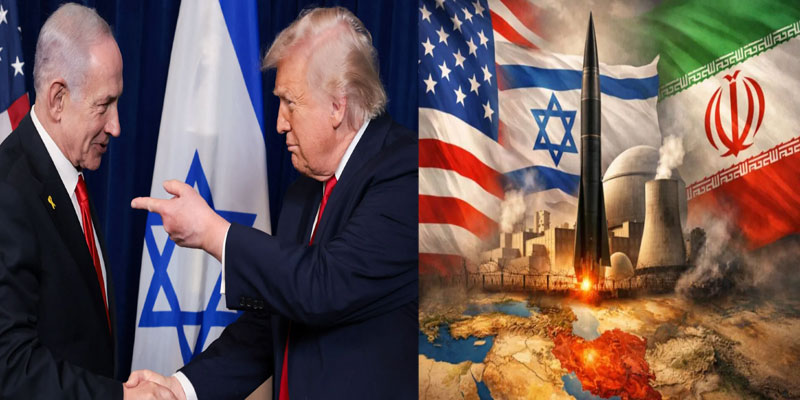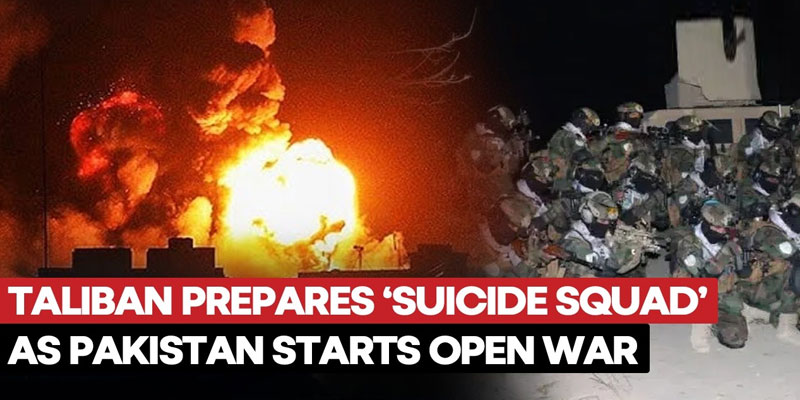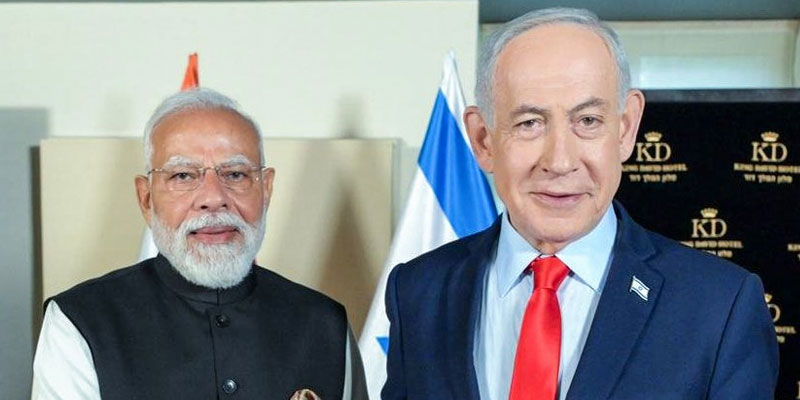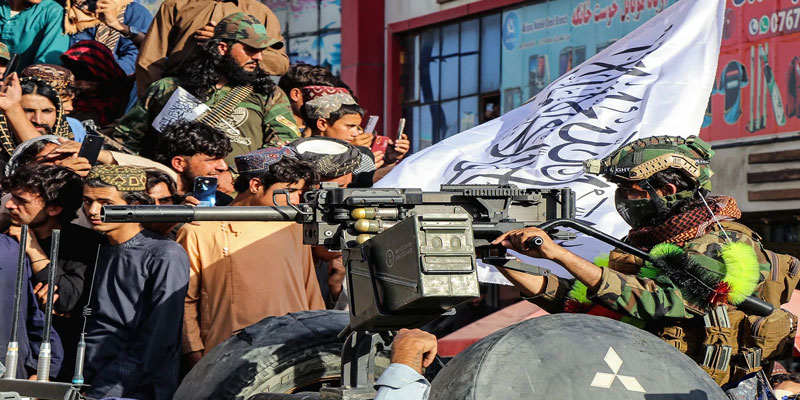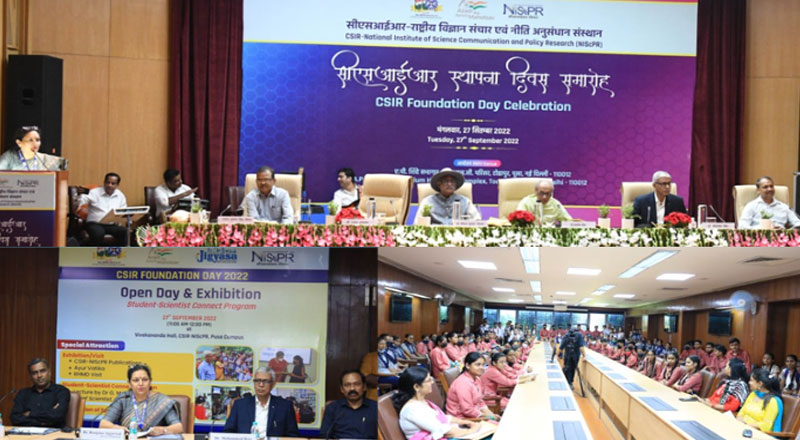A Shocking Crime During a Festival
On June 26, in Cumilla district of central Bangladesh, a 21-year-old Hindu woman was brutally raped in her own home during the Hari Seva festival. The attacker, identified as Fazor Ali, a local politician with alleged links to the Bangladesh Nationalist Party (BNP), broke into the victim's residence at night and committed the assault while her husband was away working in Dubai.
The crime, captured on video and circulated widely on social media, ignited national outrage. In the footage, the woman is seen stripped and pleading for mercy—triggering an intense backlash across the country. Allegations of delayed police action and political shielding of the accused further inflamed the public.
Arrests Made, But Questions Remain
Following widespread condemnation, five people, including the main accused Fazor Ali, were arrested. Cumilla police chief Nazir Ahmed Khan confirmed Ali’s arrest during a predawn raid in Dhaka’s Sayedabad area. The other four individuals were charged with sharing the video and revealing the survivor’s identity on social media—an act that violates privacy laws and endangers the victim further.
Despite these arrests, questions linger over the delayed response by law enforcement. Reports suggest that local residents apprehended and beat Ali after the assault but instead of handing him over to police, took him to a hospital. He allegedly escaped from there. It was only after the assault video went viral that police swung into action, leading to accusations of an attempted cover-up and political interference.
Streets Fill with Protesters
Public anger over the incident quickly translated into protests. Dhaka University students led some of the most visible demonstrations. Chants demanding "direct action" echoed across campuses, while minority student groups, especially those from Jagannath Hall (a residence hall for minority communities), organized torchlight marches calling for swift justice.
Hindu rights organizations, women’s groups, and civil society figures joined the demonstrations, demanding both immediate punishment of the guilty and long-term safeguards for minorities and women in Bangladesh. The incident has become a flashpoint in ongoing debates about systemic abuse against minority communities in the country.
Political Reactions and Judicial Response
The attack has also drawn sharp political reactions. BNP’s Secretary General Mirza Fakhrul Islam Alamgir publicly condemned the crime, calling for exemplary punishment for the perpetrators, despite the alleged involvement of individuals linked to his party.
In the legal sphere, the Bangladesh High Court issued a directive to take down the viral assault video and safeguard the survivor’s identity and wellbeing. The court also ordered that the survivor be provided with immediate security and medical care.
On social media, Prime Minister Sheikh Hasina’s son and advisor, Sajeeb Ahmed Wazed, blamed the interim administration led by Nobel laureate Muhammad Yunus for a deteriorating law-and-order situation. Wazed claimed that mob violence, terrorism, and crimes against minorities have increased significantly since Hasina's ousting in August 2024. The political shift last year, following mass protests by the Students Against Discrimination platform, brought Yunus into power and Hasina into exile in India.
A Nation Demands Accountability
The brutal rape in Cumilla has reignited long-standing concerns over the safety of women and religious minorities in Bangladesh. The delay in police action, the political affiliations of the accused, and the viral nature of the assault have all deepened public distrust in the system.
The case now stands as a litmus test for the interim government’s commitment to justice and minority rights. Protesters are not just demanding punishment for the guilty—they are calling for structural reforms, police accountability, and protections that extend beyond political affiliations.
If Bangladesh fails to act decisively, it risks reinforcing a dangerous culture of impunity—especially for those with power.
(With agency inputs)




